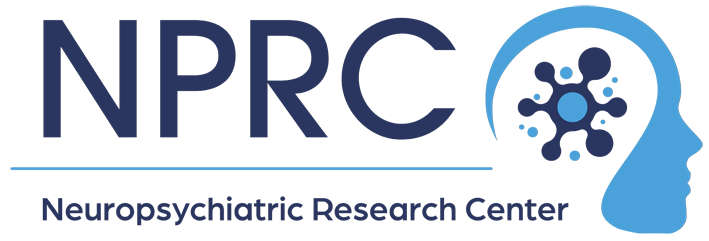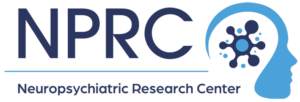People are living longer than ever before, according to the CDC. 19.3 years longer, to be exact. The extension of years doesn’t come without work on your part, though. Our bodies drastically change as we age if you think about where they started. All the elements that function day in and day out don’t stay in pristine condition. Like any other well-oiled machine, if you take care of your body, it will last longer. Here are some of the common health concerns during the aging process.

Common Health Concerns for Seniors
Aging alone puts us at risk for developing certain conditions because things aren’t shiny and new anymore. Below are some examples of how aging increases your risk for certain health conditions:
- Alzheimer’s- Minor effects on the brain’s memory skills are to be expected in the aging process. The brain shrinks as we get older, which can lead to occasional forgetfulness. If the memory issues are lasting and beginning to affect your daily life, it may be something more. About 11% of people 65 and older will develop Alzheimer’s or another form of dementia.
- Heart Disease- Stiffening of the blood vessels and arteries causes your heart to work harder to pump the blood through them. To account for the increased load, the muscles in your heart will change. These changes increase the risk of developing high blood pressure and other heart diseases.
- Arthritis- Arthritis is the number one condition people 65 and older must deal with. Wear and tear over the years from constant use, injury, and obesity damages the joints cartilage. Inflammation, pain, and restricted movement are all a result of this.
Taking Care of Your Health as You Age

The risk for these and other conditions can be reduced by ensuring you are doing away with bad habits (i.e., smoking) eating healthy, staying active, and getting enough sleep. If you have chronic conditions, carefully working with your doctor to keep them managed will also help.
Don’t forget about your mind! Keep mentally active by staying social with loved ones, reading, learning a new instrument, or taking classes.

NPRC is currently offering a free memory screening regardless of whether you are at higher risk for memory issues or not. These results can be determined if further evaluation is needed. To register, or learn more about our free memory screening, call (239) 939-7777 or click here.
References:
https://www.everydayhealth.com/news/most-common-health-concerns-seniors/
https://www.mayoclinic.org/healthy-lifestyle/healthy-aging/in-depth/aging/art-20046070





